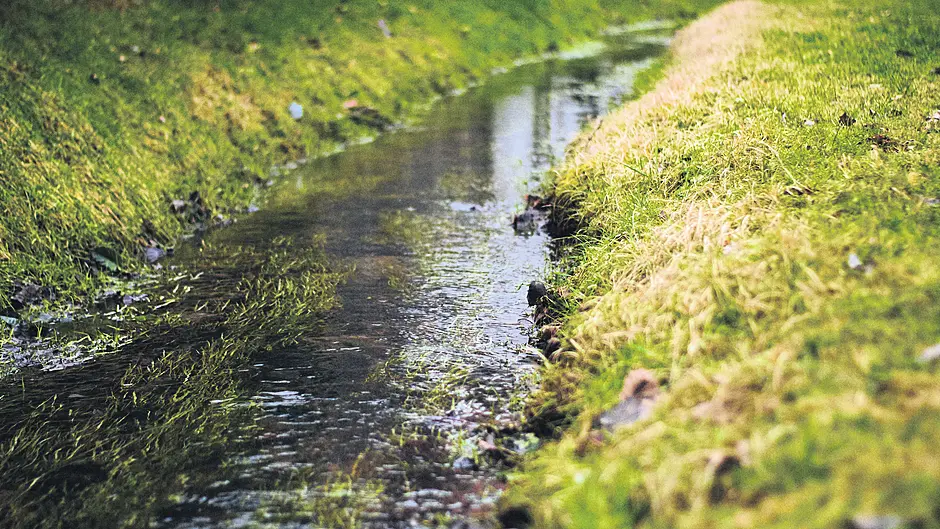Farmers deserve more from the Environmental Protection Agency than constant negative rhetoric, says FG Senator and dairy farmer Tim Lombard
ACCORDING to recent studies conducted by the Environmental Protection Agency (EPA) and Central Statistics Office (CSO), Cork is one of the most agriculturally productive zones in Ireland and boasts the highest rated ecological status of river water bodies.
Despite these statistics, the EPA has continued to promote its anti-agriculture rhetoric through relentless accusations toward the industry in which the agency alleges agriculture is the main culprit for poor water quality.
On November 14th, the EPA stated that local authorities must expand the number of farm inspections and enforcements in order to improve water quality. Agriculture was the focal point of this news release as the agency emphasised its alleged negative impact on water quality.
However, statistics from both the EPA and CSO have directly contradicted these allegations.
According to recent preliminary statistics from the CSO census of agriculture for 2020, Cork has a total of 13,704 farms and boasts the highest number of hectares of agricultural area utilised at 529,666.
Of those 13,704 farms, 4,094 are dairy farms with a total of 389,123 dairy cows. Tipperary has the second most dairy farms and cows but Cork accounts for a whopping 123% more farms with dairy cows, and 116% more dairy cows than even Tipperary.
The county also accounts for the greatest number of farmers who raise pigs at 193. Cork and Cavan have the highest number of pigs in Ireland, with Cork at 285,580 and Cavan at 298,115. Together this amounts to 36.9% of the overall amount of pigs in the State.
Co Cork’s vast agricultural landscape and production have made it an agricultural hub.
According to the EPA, if their allegations toward the agricultural industry were true, Cork should have one of the lowest ratings for water quality in Ireland. However, this is simply the opposite.
A study conducted by the EPA found that Cork had the highest number of monitored river water bodies at 252, and the best water quality ecological status ratings for these bodies between 2016 and 2021.
River water bodies could be assigned an ecological status rating of high, good, moderate, poor, or bad.
The statistics found that 52 of these bodies were rated high, 132 were rated good, 59 were rated moderate, and just nine were rated poor. None of the monitored bodies received a ‘bad’ rating.
The ratings topped the list of any other county in Ireland for both quality and number of monitored river water bodies. This is a good news story for the county. The county with the most intensive dairy farming industry and the highest number of rivers and water bodies monitored is top of the class in water quality ecological status ratings. This points to the huge strides agricultural producers have taken to keep their climate clean.
Despite the EPA’s consistent efforts to accuse the agricultural industry of being anti-environment, these results point to a much different scenario. It is vital that the agency looks at the numbers and uses this as a basis to change its negative rhetoric towards the industry.
Farmers are the most dedicated stewards of our land and water because they have a first-hand understanding of the need of keeping our environment clean. I applaud my fellow farmers who have worked diligently to produce safe and abundant products and promote climate-friendly practices.
As a dairy farmer myself, I am not surprised by these statistics. Co Cork is a proud example of the environmentally-friendly practices that our farmers have implemented, while feeding and fuelling our world. They have always been adaptable toward the changing needs of the industry and it is due time that they are shown the support that they deserve.







